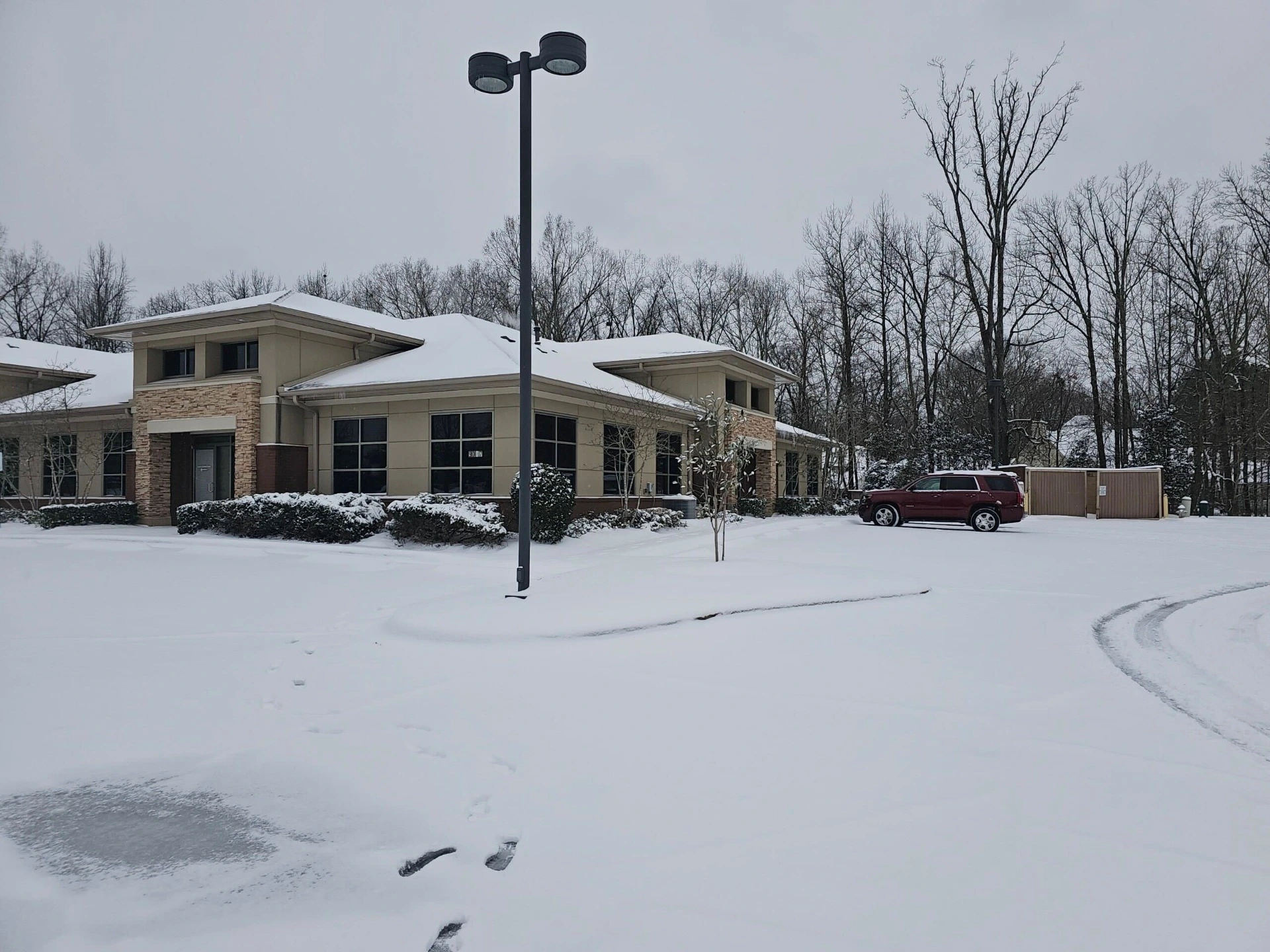No one wants to discover lawn insects destroying their turf, and two of the most common here in Tennessee are grubs and armyworms. So, which one is infesting your lawn? While both can leave extensive damage in their wake, it's crucial to know the differences to determine which one it is. Grubs are the larvae of beetles and feed on the roots of your grass, causing damage under the surface. Meanwhile, armyworms are a species of caterpillar that feed on your grass blades, causing what looks like drought stress. If you suspect either of these insects, you'll want to contact professionals immediately. They will correctly identify which is infesting your turf and administer curative treatments to eliminate them.
What are grubs, and how do they damage lawns?

Grubs are the larvae of beetles, which hatch during the warmer summer weather and feed on the roots of your grass. These lawn insects are notorious for causing extensive damage, chewing through what tethers your turf to the soil. On the bright side, there are some tell-tale signs of a grub infestation, so it's easy to catch if you're looking for them, including the following:
- Your lawn pulls up like a carpet when you tug on it.
- It feels spongey when you walk on it.
- There are irregular brown, dead patches of grass across your turf.
What are armyworms, and how do they damage lawns?

Armyworms are a species of caterpillar that feed on certain grass types, including bermudagrass, fescue, Kentucky bluegrass, and ryegrass. As the name implies, these pests resemble an army as they march through your lawn, feasting on your grass blades and leaving severe damage in their wake. However, armyworm damage looks like the signs of heat or drought stress, so it can be challenging to determine whether they've infested your lawn. Here are some common indications of these lawn insects:
- Chewed and ragged grass blades
- Bare and brown patches across your lawn
- Thinning or transparent grass
Contact Professionals Immediately if You Suspect Grubs or Armyworms Are Infesting Your Lawn
If you suspect grubs or armyworms are infesting your lawn, you'll want to take action and contact lawn care professionals immediately. After all, these pests will continue to cause damage, hindering its health and beauty. Once you do, they'll inspect your turf; pros have extensive knowledge and training in dealing with lawn insects, so they'll correctly identify which is destroying it. Then, they'll administer their respective curative treatments to eliminate the infestation. They only use top-quality products to ensure optimal results, so you can trust that they have everything needed to ensure grubs or armyworms can't continue to harm your lawn.
You'll want to schedule lawn care services to help your turf recover from grub or armyworm damage, including fertilization, aeration, and overseeding.
Have armyworms or grubs infested your lawn? Call us to schedule our respective lawn insect control treatments!
Do you think armyworms or grubs have infested your lawn? If so, don't worry - we've got you covered. At Picture Perfect Landscapes, we offer armyworm and grub control treatments, and once we've identified which is destroying your turf, we'll administer our respective one to eliminate them. Our team also provides preventative grub control treatments to keep these root-feeding pests from causing problems in the first place. Then, we can help nurse it back to optimal health with our lawn care services, such as fertilization, aeration, and overseeding. Whichever lawn insect it is, you can trust that we'll do whatever it takes to stop them from inflicting additional damage and get your turf on the road to recovery.
Our lawn insect control services are available to residential and commercial properties, as well as HOAs, in Memphis, TN, and throughout the nearby areas, including Midtown Memphis and East Memphis. Call us at (901) 246-7656 to schedule today and say goodbye to armyworms or grubs!







Comments (0)
Thanks for your comment!
Thanks for your feedback! Your comments have been successfully submitted! Please note, all comments require admin approval prior to display.
Error submitting comment!
There is a problem with your comment, please see below and try again.